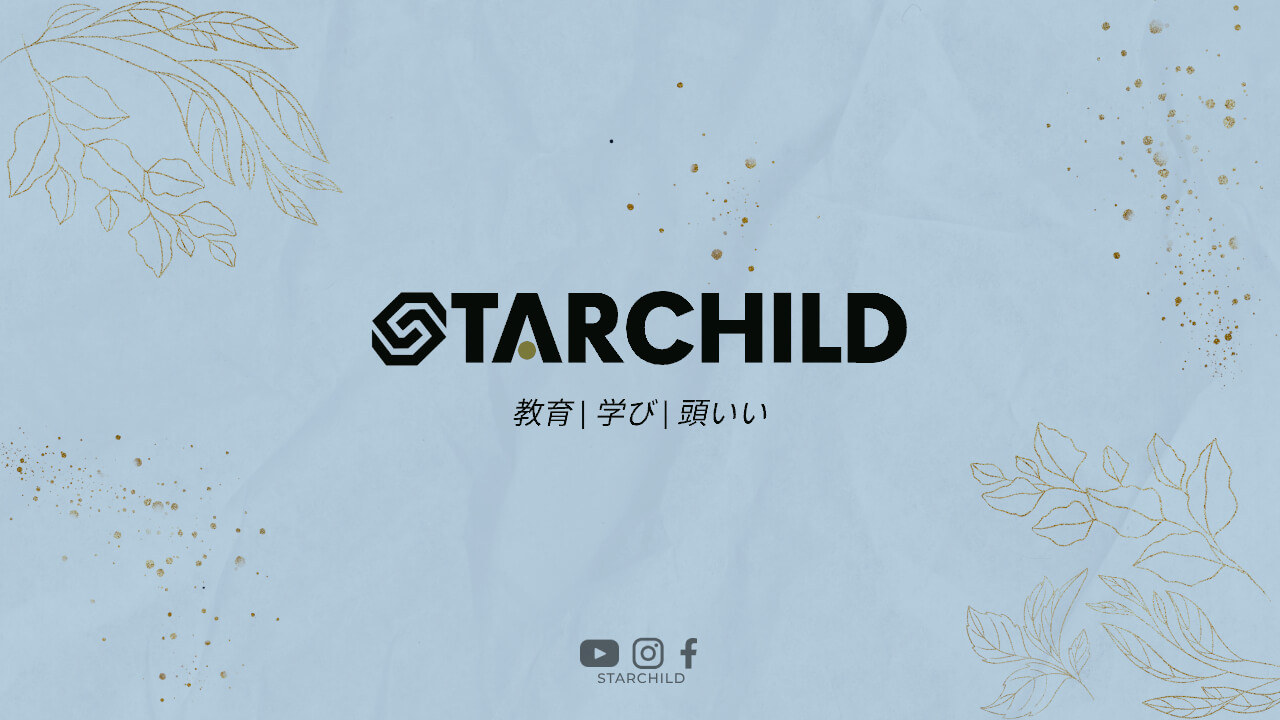隠れたカリキュラム (Kakureta Karikyuramu) or the hidden curriculum refers to the lessons that are learned in school beyond the official curriculum. These are the unwritten rules, values, and beliefs that students acquire through their experiences in school. Although it is not explicitly taught, the hidden curriculum has a significant impact on a student’s personal and social development. In this article, we will explore the positive effects of the hidden curriculum and how it can contribute to a student’s overall growth.
1. Socialization
One of the most significant benefits of the hidden curriculum is socialization. Through interactions with peers and teachers, students learn how to communicate effectively, work collaboratively, and develop their social skills. The hidden curriculum provides opportunities for students to interact with a diverse group of people, which helps them understand and appreciate different cultures and perspectives.
2. Responsibility
The hidden curriculum also teaches students about responsibility. Students learn to be responsible for their actions and decisions, as well as the consequences that come with them. Through school activities and projects, students learn about time management, prioritization, and accountability. These skills are essential for success, not just in school, but also in life.
3. Ethics and Values
The hidden curriculum also reinforces the importance of ethics and values. Through their interactions with teachers and peers, students learn about honesty, integrity, and fairness. These values are essential for building a strong character and developing a sense of morality. The hidden curriculum helps students internalize these values and apply them in their daily lives.
4. Critical Thinking
The hidden curriculum also promotes critical thinking. Students learn to question, analyze, and evaluate information. They learn to think independently and make informed decisions based on evidence and reasoning. These skills are crucial for success in the 21st century, where information is readily available, and the ability to analyze and interpret it is essential.
5. Creativity
The hidden curriculum also encourages creativity. Students learn to think outside the box and come up with innovative solutions to problems. Through art, music, and other creative activities, students learn to express themselves and develop their imagination. These skills are essential for success in the creative industries and in life in general.
6. Self-Confidence
The hidden curriculum also helps students develop self-confidence. Through their achievements and successes in school, students learn to believe in themselves and their abilities. They learn to take risks, learn from their mistakes, and persevere through challenges. These skills are essential for building resilience and developing a growth mindset.
7. Citizenship
The hidden curriculum also promotes good citizenship. Students learn about their responsibilities as citizens and the importance of contributing to society. Through community service and volunteer work, students learn about empathy, compassion, and social responsibility. These skills are essential for building a better world and creating positive change.
8. Diversity and Inclusion
The hidden curriculum also promotes diversity and inclusion. Students learn about different cultures, beliefs, and lifestyles. They learn to appreciate diversity and respect differences. Through their interactions with a diverse group of people, students learn to embrace different perspectives and ideas. These skills are essential for creating a more inclusive and tolerant society.
9. Leadership
The hidden curriculum also helps students develop leadership skills. Through group projects and activities, students learn to lead and inspire others. They learn to communicate effectively, delegate tasks, and collaborate with others. These skills are essential for success in any field and for creating positive change in society.
10. Lifelong Learning
The hidden curriculum also promotes lifelong learning. Students learn to love learning and see it as a lifelong journey. They learn to be curious and ask questions. They learn to seek knowledge and information beyond the classroom. These skills are essential for personal and professional growth.
Conclusion
The hidden curriculum is a critical component of a student’s education. It provides opportunities for socialization, responsibility, ethics and values, critical thinking, creativity, self-confidence, citizenship, diversity and inclusion, leadership, and lifelong learning. These skills are essential for success in the 21st century and for creating a better world. As educators, it is our responsibility to recognize and embrace the positive impact of the hidden curriculum and to create an environment that promotes its development.




